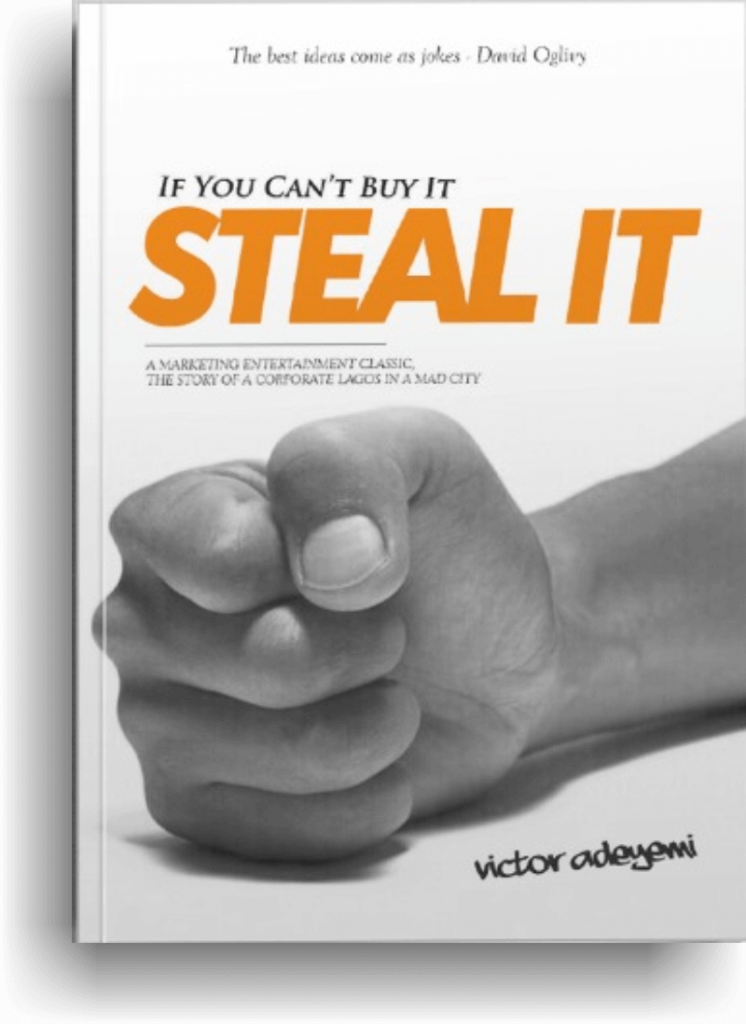Once upon a hustle, deep in the heart of Lagos, rose a suburb with grit in its teeth and hunger in its belly — Agege, a place where the air smells like survival. Home to the lower-middle class and the C/D socio-economic groups: the mechanics, shop-owners, mama-put champions, danfo kings, and okada cowboys. In the middle of this madness, a loaf emerged.
Agege Bread is a metaphor for life in Lagos — soft, even though Lagos is not.
It’s more than a snack. It’s a rite of passage. Lagos’ first love.
In a city that will slap you left and mug you right, Agege Bread is the gentle Lagos whispering, “Sorry for the madness… oya, have something tender.”
It’s more than breakfast — it’s a cultural relic, a survival mechanism, a spiritual artefact passed down from the gods of hustle.
And where did it start?
The birth of Agege Bread is laced with railways, revolution, and rebranding.
When Amos Shackleford came from Jamaica in 1913, he brought flour, fire, and finesse. Settling in Ebute Metta, he worked for the Nigerian Railway. But when the whistles faded, he started baking.
Boom — Shackleford Bread was born. It blew up. Vans and buses rushed loaves from Ebute Metta across Lagos.
But when the bakery folded after independence, Lagos didn’t cry. It did what it always does: adapt.
Like any true Lagos hustle — when one shop closes, another opens.
Alhaji Ayokunnu picked up the baton, moved the bakery to Agege, and Lagos whispered, “This one na our own.” He kept the magic, preserved the method, and baptized the bread with a name that stuck — Agege Bread.
He didn’t just start a bakery — he started a movement.
Agege became the Jerusalem of bread, a pilgrimage site for hunger and hope.
Every loaf that left that oven was a slice of Lagos — fluffy ambition wrapped in crunchy struggle.
It’s more than food — it’s identity.
Lagos elites might snack on croissants and bagels, but 99% of the city reaches for that stretchy, sweet loaf.
Ayokunnu didn’t stop at baking — he expanded. The bread flew off trays like Lagos dreams.
A community leader even got the train to stop in Agege — just to pick up bread.
Yes, a whole train… for bread. What’s more Lagos than that?
Agege bread isn’t fancy. It’s not French. But it’s faithful.
It’s the food equivalent of okirika clothes — durable, affordable, soaked in story.
If Lagos had a tongue, Agege bread would be sitting on it.
It doesn’t discriminate. It’s at bus parks, on dinner tables, at construction sites, in offices, in trenches — scooping up ewa-agoyin like a native spoon.
But this story isn’t all warm butter and fluff.
In the 1980s, during Babangida’s ban on wheat imports, bakers panicked.
Nigerian wheat couldn’t rise to the occasion.
So they turned to potassium bromate — a chemical cousin of cancer.
That’s Lagos: when policy chokes supply, the streets invent alternatives — even if it’s risky.
Why? Because demand didn’t die. The people needed their bread. Their comfort. Their culture.
So ovens stayed hot — bromate or not.
To this day, “Agege bread fit kill person” is both a joke and a warning.
But Lagosians? We chew and laugh.
Because here, softness always outranks safety.
Agege bread has fed mechanics and millionaires, students and senators, hawkers and hustlers.
It’s the breakfast of ambition, the midnight snack of the broke, the balm of moin-moin, the soulmate of akara.
And oh, that moment when it’s warm and you slap on some butter or ewa-agoyin… pure bliss.
Agege bread has also baked itself into our slang:
“Soft like Agege bread” now means tender, sweet, or romantic.
And today? It’s no longer just a Lagos thing.
Agege bread now has a passport.
You’ll find it in London markets, Naija restaurants in New York, and food trucks in Toronto yelling “Original Naija Bread!”

What jollof rice is to parties, Agege bread is to survival — a fuel that powers hustle.
Naija mums and aunties wrap it in cling film, tuck it into hand luggage, and smuggle it abroad like gold.
And somewhere in Canada, a child is biting into akara and Agege bread, feeling tied to a city they’ve never seen.
So next time you tear into that golden loaf, know this —
You’re not just eating bread.
You’re tasting legacy.
You’re biting into a century of Lagos history.
Because this right here?
It’s spiritual, bro.
Agege Bread is resilience you can chew.
It survived colonialism, chemical bans, class snobbery.
It morphed from Jamaican technique to Nigerian street supremacy.
It is community — because with a loaf, everyone gets a piece.
And it is Lagos — because here, we bend, we stretch, but we never break.
#Eko
















